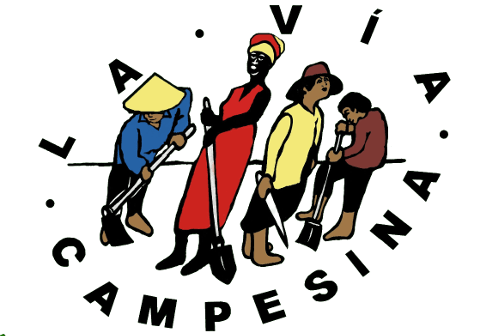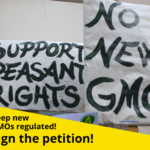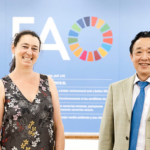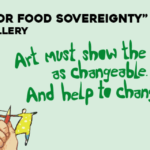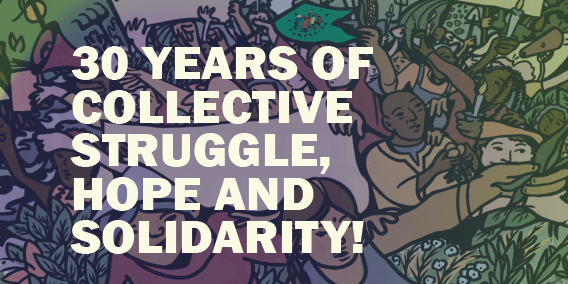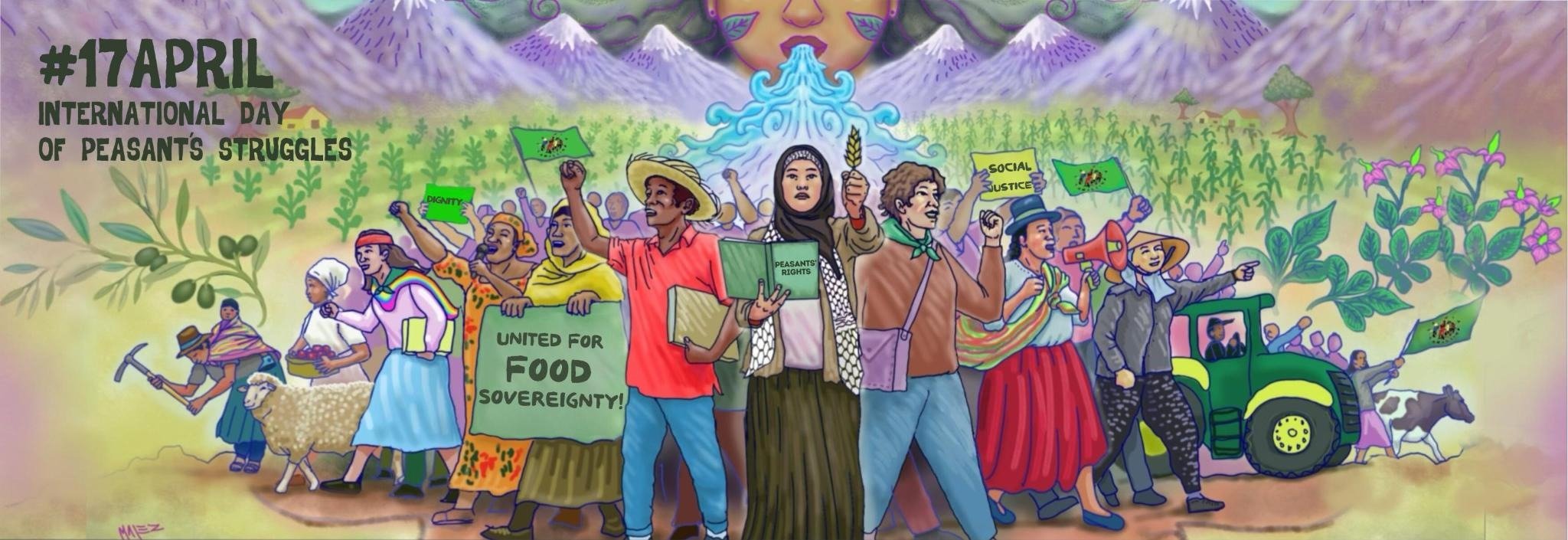European coordination Via Campesina
To avoid a social catastrophe in rural areas, the European milk quota should be decreased and improvements be made to the distribution of production. Export subsidies should be halted, and more autonomous modes of production should be developed.
« We won’t pay for your crisis »
The European milk market is saturated today because of the decisions taken by the EU since 2003. The producers sell their milk at price below the costs of production and the weakest will disappear if the EU does not change its policy. The re-establishment of export subsidies reinforces inadmissible dumping regarding third countries which never really stopped1.
While the European quota was already far above European demand, the EU still decided to increase quotas further, claiming a flourishing world market. The deregulation policy decided in 2003 and 2008 has been denied by the facts. We denounced it before and today we refuse to pay for the mistakes of the Ministers and the European Commission.
The EU Agriculture Council should not wait for a proposal of the Commission to decrease the European milk quota2 when it meets on March 23rd: the Commissioner for agriculture must free herself from the ideological blindness which the financial crisis has thoroughly discredited. The European Union has to decrease its quota, establish criteria for redistribution of production and guarantee a milk price which remunerate producer’s work. It is important to preserve the maximum of producers and to maintain fodder-based milk production in all regions. The Council has to cancel the removal of milk quotas planned for 2015.
A new “ restructuring” as Ms Fischer Boel proposes will not solve the crisis. The last 25 years have demonstrated that the huge decrease in the number of milk producers did not lead to falling production, but intensified and concentrated it in the regions with the lowest costs of production, to the detriment of European cohesion and of rural development.
It is urgent for the EU to discourage over intensive milk production based on imported soya3. The current climate and energy crisis oblige us to give priority to grasslands, which store carbon, to the use of local animal feed and to better distributed milk production throughout Europe in order to be closer to consumers.
Disaster can be avoided if the present policy direction is changed. The neoliberal framework of the CAP is out of date. The framework of food sovereignty, far from being a protectionist withdrawal at the European level, is firstly a change of priorities. It is time to recover our freedom to define European agriculture and food policy4, without dumping regarding third countries and to contribute to solve the global crisis by relocalising the production of vegetal proteins for dairy production, and more generally by bringing producers and consumers closer, both whom victims of today’s outdated policies.
1 The milk direct payment decided in 2003 is, for the production which is exported, nothing else than a whitewashing of dumping .
2 The Council may achieve a political agreement and requires a proposal from the EU Commission , with a formal agreement in the next Council meeting.
3 This would also solve the problem of imported GM soya.
4 The WTO has failed in this regard
